The FIIB Faculty Spotlight series continues to celebrate the dedicated faculty members who shape the learning experiences of our students. This week, we are delighted to introduce Dr. Jaya, a faculty member with a fascinating journey from the field of zoology to finance. Dr. Jaya brings her expertise and passion to the classroom, offering students invaluable knowledge in finance.
Dr. Jaya is renowned for her unwavering commitment to teaching and mentoring students, driven by her deep passion for Finance. With a strong academic background, including a PhD in Behavioral Finance, she brings a wealth of expertise and practical insights to the classroom. Her dedication to integrating real-world applications into her teaching makes her an invaluable asset to the FIIB community.
Here’s what she had to say about her journey and insights on the current financial landscape.
Q: How did you get started in your current field and where did you attend for your Masters before coming to FIIB?
A: Initially, I was a science student, having completed a Zoology honors degree from Delhi University. However, after exploring the limited opportunities in that field, I decided to pursue an MBA. During my MBA, I developed a keen interest in Finance and subsequently secured a placement with Reniger Enterprises Limited. Despite this, my passion for teaching and research remained strong, leading me to pursue a PhD in Behavioral Finance from JP Institute of Information and Technology.
Q: Switching from zoology to finance is quite rare. What challenges did you face during your journey?
A: Yes, switching from a science background to finance wasn’t easy. As a science student, we didn’t have a foundation in accounting or finance, which made the transition a bit challenging. But the analytical skills I developed in science helped me grasp the underlying processes in finance. I was fortunate to have excellent professors during my MBA, which piqued my interest in finance. Over time, I became more comfortable with numbers, and the shift happened naturally.
Q: What motivated you to pursue research in behavioral finance, and how has your academic journey evolved since then?
A: My interest in behavioral finance was driven by my fascination with the psychological aspects of financial decisions. After completing my PhD in 2014, I published several papers in reputed journals and authored a textbook on behavioral finance with Sage. As of September, I will mark 10 years in academia, reflecting on a rewarding journey of teaching, research, and contributions to the field.
Q: What modules do you teach at FIIB, and how do they prepare students for the industry?
A: I teach four core Finance modules: Business Valuation, Portfolio Management, Mergers and Acquisitions, and Financial Markets. These courses are essential for understanding the intricacies of the financial world. I strive to make my teaching as practical as possible by incorporating real-world case studies, industry examples, and interactive exercises. My goal is to equip students with the knowledge and skills they need to succeed in their future careers.
Q: How do the modules you teach align with the current needs of the finance industry?
A: The modules are highly relevant as they cover essential aspects of finance. Corporate Finance forms the basis for many advanced finance topics, while Business Valuation, Portfolio Management, and Mergers and Acquisitions are critical for understanding investment decisions, firm performance, and strategic growth. This alignment ensures that students are well-prepared for industry demands and can apply their knowledge to practical scenarios.
Q: What advice would you give to students who are unsure about their specialization but are interested in finance?
A: The choice largely depends on the individual’s comfort with the field and their career goals. For those unsure, starting with a general PGDM to build foundational knowledge in finance is advisable. If they find themselves comfortable and interested in finance, they can then pursue a specialized PGDM in Finance. Students with a clear background in finance and a defined career direction may opt directly for the specialized course.
Q: What are the basic requirements for developing financial acumen, especially for students transitioning from a non-finance background?
A: The fundamental requirement is a strong understanding of numbers. Basic mathematical skills are crucial, but it’s also important to comprehend the meaning behind the numbers. For those lacking a finance background, foundational knowledge can be developed through online courses or revisiting basic finance principles. The ability to interpret and understand the implications of numerical data is key for a finance professional.
Q: Why would you recommend pursuing an MBA at FIIB?
A: FIIB offers a comprehensive approach that covers areas often neglected by other institutions. It emphasizes learning and development from the start, including psychometric testing, personalized action plans, and continuous development throughout the program. The institution provides targeted mentoring, rigorous mock interviews, and industry-specific projects, ensuring that students are well-prepared for their careers. This personalized and in-depth approach to education and placement preparation sets FIIB apart from other institutions.
Q: How do you view the integration of AI and machine learning in the education sector, especially in relation to your field?
A: There is definitely a shift from traditional rote learning to a more problem-solving approach, driven by AI interventions. Routine tasks like giving lecture notes and making students do numerical are being replaced with exercises that encourage critical thinking and the applicability of knowledge. AI has freed up time for instructors and students to focus on higher-order thinking and strategic problem-solving, especially in real-life situations in finance.
How do you think the finance industry will evolve over the next 10 years with the advent of AI?
AI is playing a significant role in the stock market and in facilitating higher-order thinking by taking over routine tasks. This shift is enabling people to focus on strategic-level thinking and generate new ideas. AI’s integration is propelling businesses forward, making it easier for entrepreneurs to innovate.
Q: Do you have any plans to upskill yourself in AI?
A: While I am not currently pursuing any AI courses, I am definitely looking forward to attending workshops on AI. My goal is to learn how to integrate AI into my classroom to better equip my students with the necessary skills.
Q: How do you manage work-life balance as a faculty member?
A: Managing work-life balance as a faculty member can be challenging, but FIIB’s supportive environment and policies make it more manageable. The institution understands the importance of flexibility and provides various measures to help faculty members balance their professional and personal responsibilities.
For instance, FIIB offers unplugged weekends and mandatory breaks during winters and summers, allowing faculty to recharge and spend quality time with their families. Effective time management and a clear understanding of priorities are also essential for maintaining a healthy work-life balance.
Q: What piece of advice would you give to your younger self and to the younger generation today?
A: If I could advise my younger self, it would be to trust my instincts and pursue my passions. Don’t be afraid to take risks and embrace new challenges. For the younger generation, my advice is to stay curious, keep learning, and develop a growth mindset. The world is constantly changing, and it’s important to adapt and evolve.
RAPID FIRE ROUND –
So! Get ready for a lightning round of questions and get a glimpse into your FIIB favorites in a flash.
Q. What dream or goal are you currently chasing?
A: I am currently chasing my publication goals and working towards specific research targets.
Q. If given a chance, which profession would you choose apart from teaching?
A: I originally pursued a medical career, but teaching has always been my passion, so I can’t imagine being anything but a teacher.
Q. What advice would you give to your younger self?
A: Things will take their due course, so there’s no need to stress about it.
Q. If you could have coffee with anyone, who would it be?
A: I would love to have coffee with Dr. Neelam Gandhi, a professor I admire from Delhi University. She knew how to guide students in the right direction.
Q. What is your favorite spot on campus?
A: The campus entrance, where all the flowers are—it’s a beautiful sight.
Q. What is your favorite FIIB tradition?
A: The monthly birthday parties are my favorite tradition.
Q. If you could attend a lecture from any FIIB faculty member, who would it be and why?
A: Dr. Kokil, because I love the way she projects and expresses her ideas. Her teaching style makes me want to hear more and more.

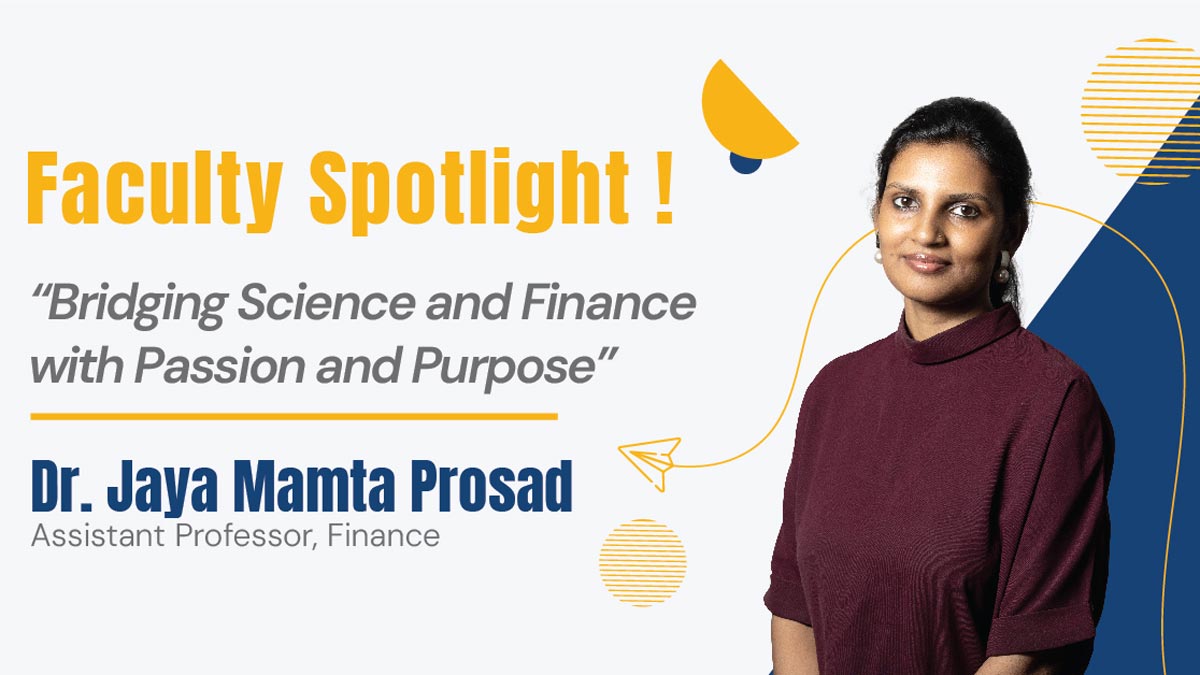
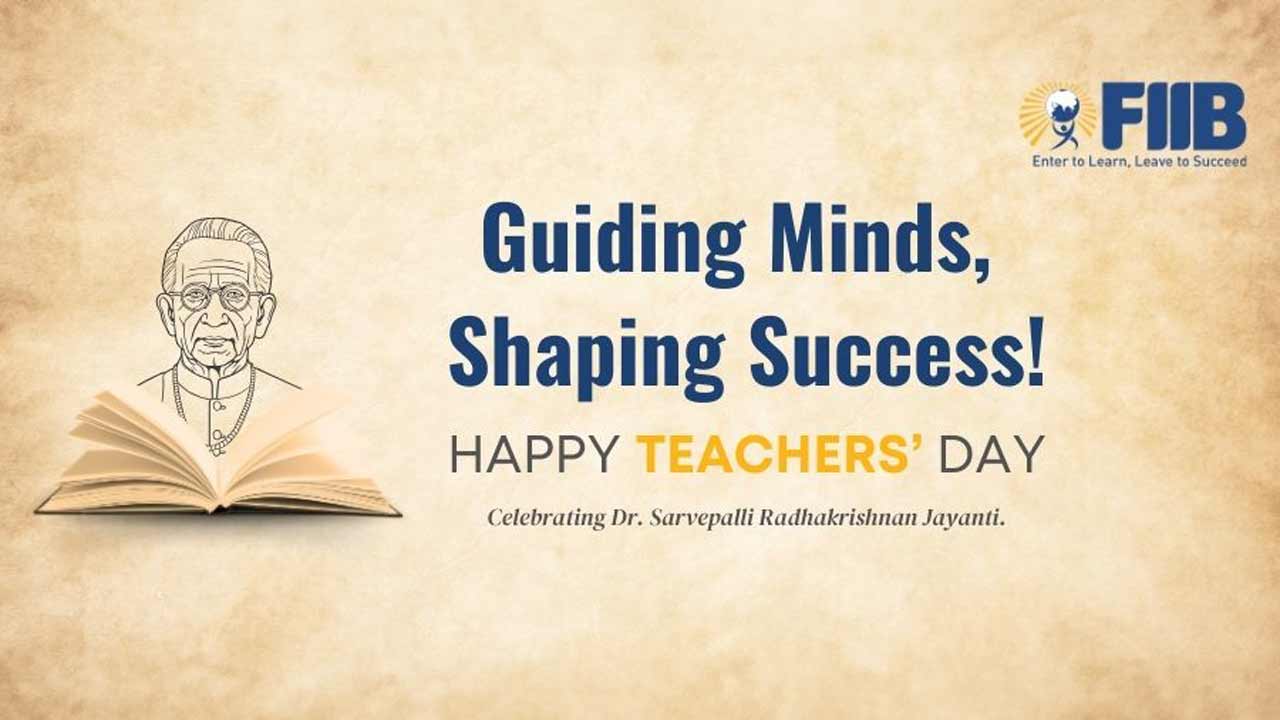
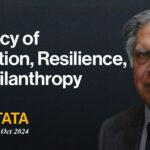


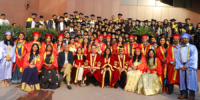
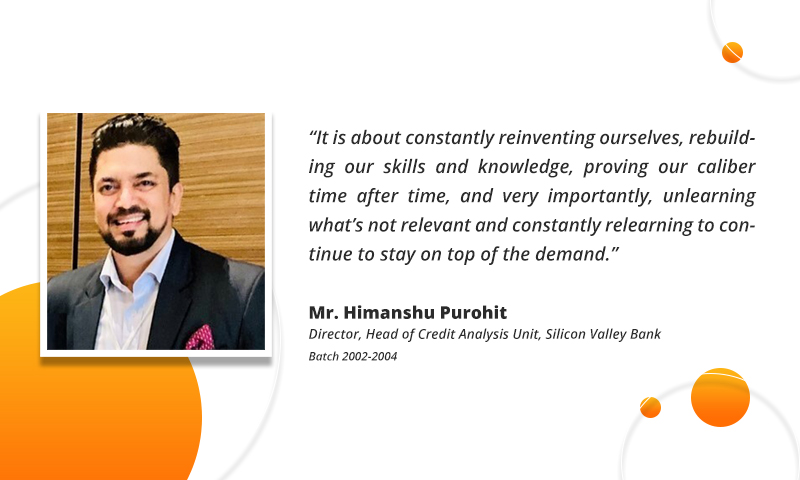






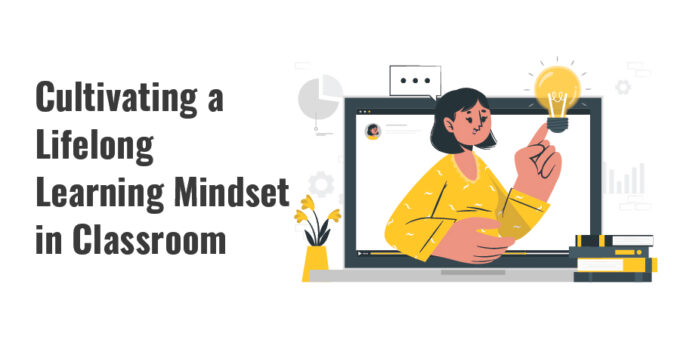



Leave a comment